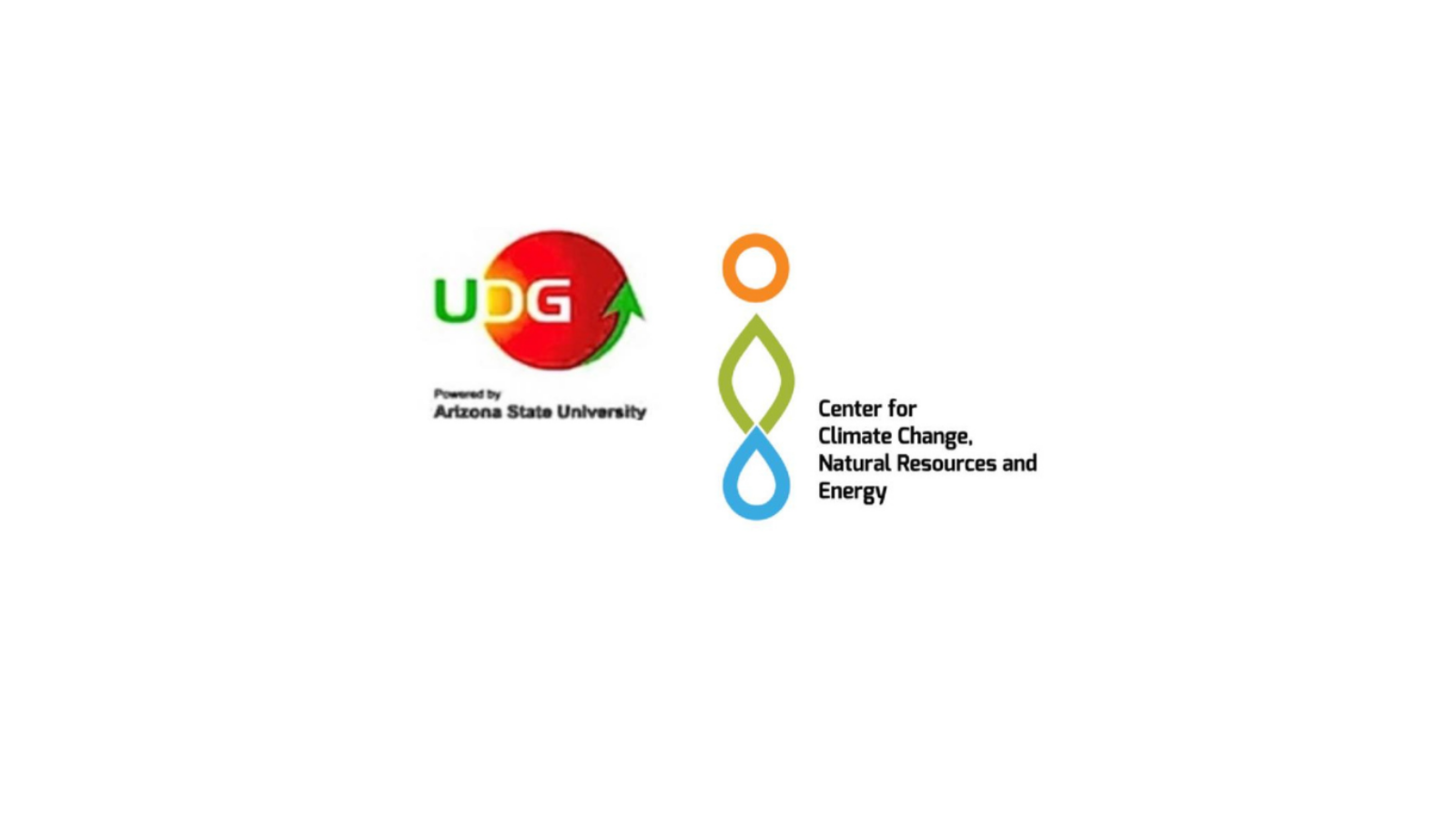Summary of the project implemented by Center for Climate Change, Natural Resources and Energy of UDG
The project is designed to strengthen the role of CSOs in the field of sustainable management of chemicals in the process of integration of Montenegro into the EU (Chapter 27), as well as to raise the awareness of the general population (with a focus on women and young people) about the importance of proper management of chemicals, in order to ensure the transition towards safe chemicals and eliminate the use of substances of concern (digital and media campaign). Since young people are one of the target groups, education on the topic of chemical safety is planned for young people from 3 high schools and 2 faculties. The special value of the project is that it will provide an initial input for decision-makers, through two structured surveys (of women and young people) about the ways of using and disposing of chemicals and the level of awareness about the dangers of them.
Project goals
General goal:
- To reduce chemicals pollution of the environmental by strengthening the role of CSOs in fulfilling obligations from the EU integration process.
4 specific goals:
- Strengthened, more visible and active role of CSOs for participation in the creation of public policy in the field of chemicals and chemical safety management, which is an important part of the EU Acquis in Chapter 27;
- Raised awareness of the general population (with a focus on women and young people) on the importance of proper management of chemicals for sustainable community development and improvement of health and environmental conditions;
- Provided initial inputs for decision-makers, through two structured surveys (for women and young people), on the ways of using and disposing of chemicals and chemical products and the level of awareness about the dangers of chemical pollutants in the food chain, drinking water and objects of general use;
- Education of young people (high school students and students) from 3 high schools and 2 faculties on the necessity of increasing chemical safety and reducing exposure to dangerous chemical substances in products.
Beneficiaries
Women and young people will get the most benefits from the project. Women, as part of the population that is more exposed to different levels of toxic chemicals in everyday life and have different health reactions to them, will be better informed about the impact of chemicals on their health and the health of their offspring, and educated about better protection and safer use of chemicals and chemical products. When it comes to young people, thanks to the project results, they will develop an awareness about the modern trends in the field of green and digital transition of the EU, and as consumers of chemical products will be able to initiate positive changes and ensure compliance with the EU Acquis in a timely and innovative way.
Through a continuous digital campaign, the Project will raise awareness of the general public in Montenegro on the topic of protection from dangerous chemicals, contamination of the environment with chemicals, the effects of using various chemicals, the importance of using safe and sustainable chemicals, etc. After the completion of the project, as a result of raised awareness and education, the citizens of Montenegro should live in a cleaner environment and have better conditions for public health and well-being.
Finally, based on the results of the project, the competent authorities in the field of chemicals and Chapter 27 will receive relevant information and data on the way chemicals and chemical products are used and disposed of by citizens, as well as their level of awareness of the dangers of negative effects of chemicals. All these will be important inputs for them in the development of the new National Chemicals Management Strategy in accordance with the European Green Deal and the EU Chemicals Strategy until 2030.
Main activities
- Creation of social networks infographics;
- Lectures for students of 3 secondary schools;
- Survey among women on the topic of chemical pollution;
- Survey among young people on the topic of chemical pollution;
- Creation and distribution of leaflets with the results of surveys among women and young people;
- Media campaign in the form of guest appearances by the project team on TV and radio stations;
- Publications about the project in other media;
- Round Table organization.








